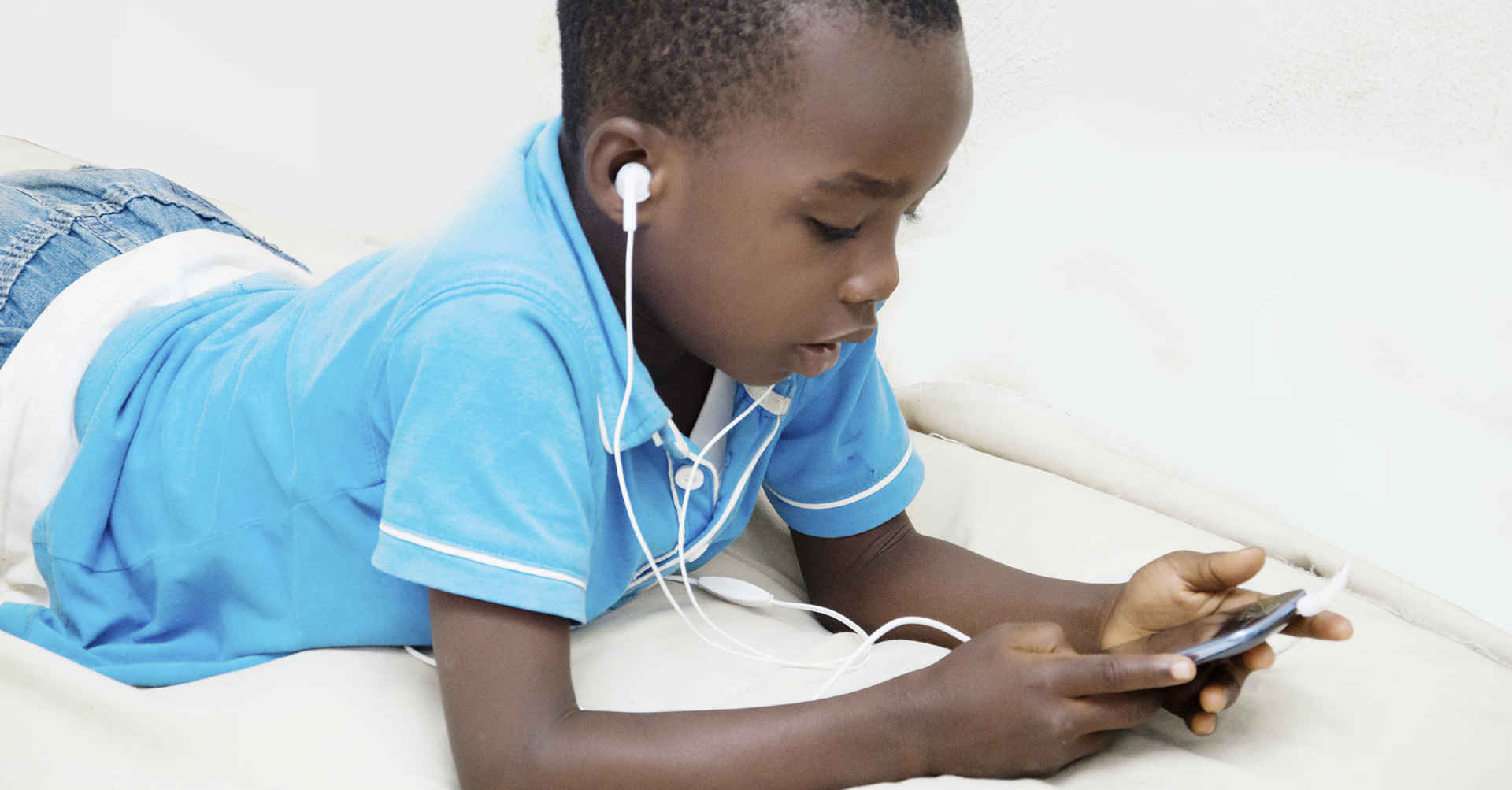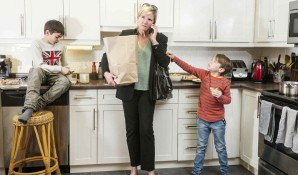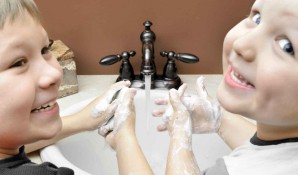With a cell phone in one hand and a tablet in the other, children are exposed to a whole new world of risks and dangers. Through the internet and social media, they are vulnerable to threats like cyberbullying, reputational harm and criminal prosecution as well as the paedophiles and predators that parents have been concerned about for generations. But the most frightening thing of all is that parents no longer know how to protect their children from a dangerous world that they themselves barely understand.
We spoke to Emma Sadleir, a social media law specialist, about the biggest threats that children face in the online space, from when they start using devices until they are adults, and about what their parents should be doing to keep them safe.
Reputational damage Children simply aren’t mature enough today to consider the consequences of something five years from now. But high schools, universities, bursary providers, potential employers and even potential friends or dates now check people out on social media before offering a position or proceeding with a relationship.
The best advice you can give them is to avoid having any record of questionable behaviour in the digital space at all
What parents can do: Children need to be made aware that posting something about themselves that seems innocent or funny now could be detrimental to them later in life – and that content on the internet or in social media lives forever. The best advice you can give them is to avoid having any record of questionable behaviour in the digital space at all – even if they haven’t shared it. And remind them that children their age are fickle – their best friend now might not be their best friend next week, but they’ll still have screen shots of that WhatsApp conversation they had. Keep telling them, over and over again, that these kinds of conversations – and sexting in particular – could and probably will come back to haunt them.
Criminal prosecutionIt is easy for parents to think that what children do in cyberspace is all just kids being kids, but actually, in South Africa, children reach criminal capacity at the age of 14 years. This means that they can be charged with a crime if they are over 14. Even between the ages of 10 to 14 (which is when many children get their first phones), children can be assessed for criminal capacity and if it is proven, they can be charged with a crime. Crimes that take place on social media include defamation or harassment or even child pornography even if the photographer was underage and the subject was willing.
What parents can do: Make your children aware of the potential criminal consequences of their actions or words against other children or even adults. Remind them about the public nature and the permanence of things said on social media even if they are on seemingly “private” message channels. Be aware and explain to them that the South African courts look upon comments made on social media as if they have been published on the front page of a national newspaper, so “It was my private page,” is no excuse.
CyberbullyingThen, there are those who are on the receiving end of online cruelty or cyberbullying. Bullying has always existed, but it is more difficult to get away from in the online space. Children have been driven to suicide by cases of cyberbullying, so it is vital to understand and address this behaviour when it does come up.
What parents can do: You have to understand the different platforms that your children use, and you have to be aware of what’s happening to them in these spaces. If there are instances of bullying, it’s important to keep evidence by saving screen grabs, and dealing with it through the proper school channels. Insist that your children’s school has a bullying policy in place and are willing to enforce it.
Take bullying seriously and provide your children with the love, support and understanding that they need if they fall victim to it.
Identity theft The volumes of information that people – not just children – are willing to share online indiscriminately make them susceptible to identify theft, in which their personal information is used for the benefit of someone else.
What parents can do: Have a family discussion about what level of information you are all comfortable sharing – remembering that even a photo of a child in a school uniform is more information than you would want in the hands of an identity thief. Don’t share photos of personal information or numbers – like your first ID document, drivers licence or credit card.
Paedophiles and predators Having your child fall prey to a sexual predator or paedophile is every parent’s worst nightmare. It used to be enough to warn your children about the suspicious man in the red van, but now predators can look like a young girl from a neighbouring school.
Once predators have chatted to your child online for a couple of weeks they can feel like a best friend and not like a stranger at all. They do this by “stalking” children online by being aware of where they hang out and accessing private information that could make them seem like a trusted friend or adult. Someone who had followed your child on social media for a short while would easily be able to fool them by saying, “Your mother’s green Golf is just around the corner. She’s double parked, and she saw me with your friend Jane so she asked me to come and get you.”
What parents can do: Have careful conversations about how you can’t trust anyone and can’t believe they are who they say they are, and that it’s never OK to meet up with someone without letting your parents know first. Ensure that your children are very careful about posting information about where they might be on any platform and turn off geolocators on their phones. Remind them that predators can make themselves extremely credible just by observing your child online for a while.
Keep your children safeWhile many of the potential dangers we’ve outlined above can threaten your child’s wellbeing, future or even their lives, there are many day-to-day things that parents should do to manage their children’s time online. These include:
- Limit the time they spend online or on social media – these spaces are extremely addictive and studies have shown that the dopamine kick a “like” or “follow” gives a child is the same as they would get from drugs.
- If they are younger than 14, supervise their time online and use security software to block access to certain sites.
- Don’t let them sleep with phones charging by their beds. They need their sleep, and it’s very easy to respond to that flashing blue light instantly – even in the middle of the night.
- Educate yourselves as parents, not just about how the various social media platforms work, but also about exactly what your children are posting in these spaces. If they are sacrificing their own right to privacy in these spaces, you have a right to know about it.
- Have social media and internet rules and policies, make your children aware of them and be sure to follow up on their application.
It is your responsibility to keep your children safe, so be sure that you are able to help them in cyber space as much as in the real world.




